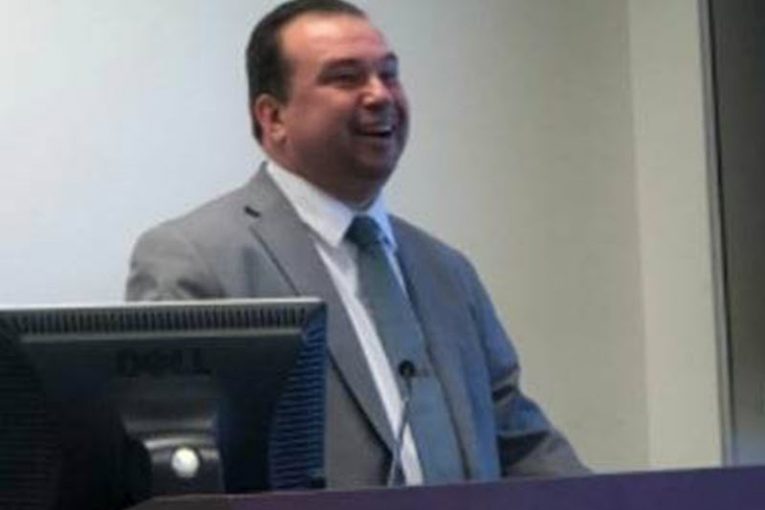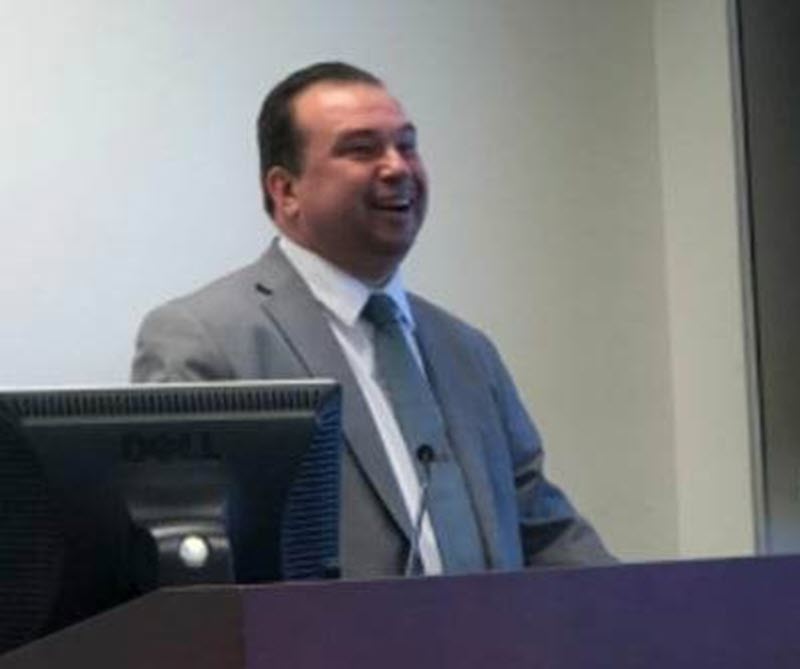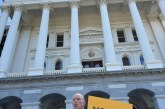
 By Jeffrey Deskovic
By Jeffrey Deskovic
“Looking back” will feature reprints of articles that Jeff previously wrote while a columnist at The Westchester Guardian, which encompass topics that are applicable here in CA as well as across the country and not simply applicable to NY.
Many New Yorkers are angry with Adam Sirois, the lone juror who refused to convict Pedro Hernandez in the murder of 6-year-old Etan Patz 36 years ago, leading to a mistrial. I would like to applaud Sirois for voting his conscience.
I spent 16 years in prison—from age 17 to 32—after being wrongfully convicted of murder and rape in 1990. Then I was exonerated by DNA evidence that identified the actual perpetrator.
I wish there had been an Adam Sirois on my jury. Instead, when my jury was at 11-1, the lone holdout juror who had been fighting for my innocence caved in and switched his vote.
Years later, when I was exonerated, that juror called my lawyer and said he was glad to  see me freed, because he never thought that I was guilty.
see me freed, because he never thought that I was guilty.
His decision to find me “guilty” despite not being convinced beyond a reasonable doubt cost me 16 years of my life.
Because I did not sit through the Hernandez trial or read the transcript, I am not second-guessing any of the jurors’ conclusions on issues of fact. Instead, I simply offer my analysis of their reasoning in light of the reported facts in that case, and my own experience.
The powerful parallels between the Patz case and my own strengthen my admiration for Sirois.
The case against Hernandez was built almost entirely on the fact that he had given an extensive, detailed confession to police. Eleven jurors took his statements as sufficient evidence to convict, in and of itself; Sirois did not.
Obviously, many confessions are true. But roughly a quarter of all wrongful convictions, when DNA evidence later leads to an exoneration, relied in part on false confessions.
My own wrongful conviction was based in large part on my coerced confession.
Why would someone tell police he committed a crime when in fact he did not? Experts tell us that although normal adults are sometimes prone to make false confessions, vulnerable populations—especially youth or people like Hernandez with mental health issues—are far likelier to do so. Any case built on a confession from either of these populations must be evaluated with extreme caution.
Sirois was also right to understand that in order to distinguish a false confession from a truthful one, juries must analyze whether there is any corroborating evidence. He found none. (There was no corroborating evidence in my case, either.)
Another distinguishing factor is whether the confession contradicts known external evidence. Sirois believed the confession was contradicted by the fact that, despite Hernandez stating that he put Etan’s remains in a bag, no bag was ever found. This echoes my case, in which other evidence contradicted the confession. Among other things, DNA evidence showed that semen in the victim did not come from me.
Sirois says that he held out because he had not been convinced beyond a reasonable doubt.
Jeffrey Deskovic, Esq, MA, is an internationally recognized wrongful conviction expert and founder of The Jeffrey Deskovic Foundation for Justice, which has freed 9 wrongfully convicted people and helped pass 3 laws aimed at preventing wrongful conviction. Jeff is an advisory board member of It Could Happen To You, which has chapters in CA, NY, and PA. He serves on the Global Advisory Council for Restorative Justice International, and is a sometimes co-host and co-producer of the show, “360 Degrees of Success.” Jeff was exonerated after 16 years in prison-from age 17-32- before DNA exonerated him and identified the actual perpetrator. A short documentary about his life is entitled “Conviction“, and episode 1 of his story in Virtual Reality is called, “Once Upon A Time In Peekskill“. Jeff has a Masters Degree from the John Jay College of Criminal Justice, with his thesis written on wrongful conviction causes and reforms needed to address them, and a law degree from the Elisabeth Haub School of Law at Pace University. Jeff is now a practicing attorney.





